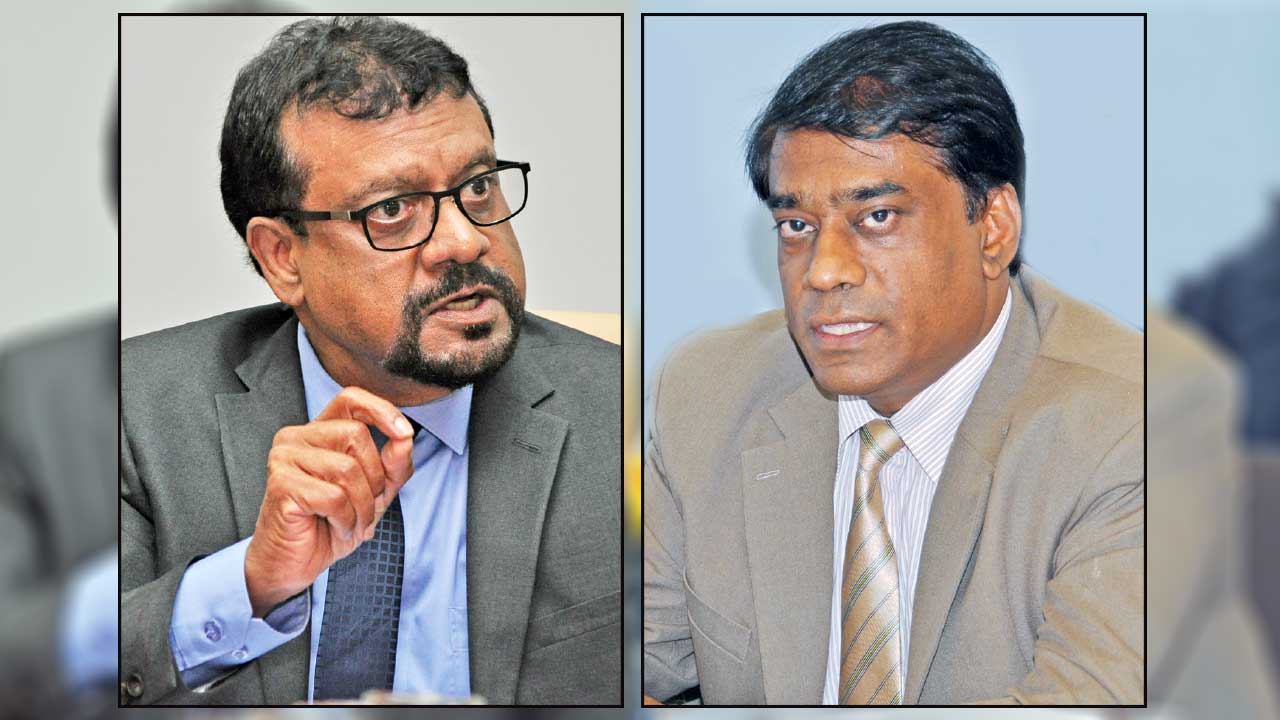
Sacked as CEO of Air Mauritius on 28 October, Mr Megh Pillay contested his dismissal and claimed there were “procedural irregularities”. Indeed, despite his performance redressing the airline’s finances, Mr Pillay’s contract was terminated following the decision of the Board of Directors and at the request of the airline’s Chairman, Dr Arjoon Suddhoo. Hours following his revocation, Megh Pillay stated that during his tenure, the airline’s shares soared by almost 30%.
Known for being one of the best managers in Mauritius, Megh Pillay led Air Mauritius from September 2003 to October 2005. He was in command of several State companies under governments led by Sir Anerood Jugnauth. After his tenure at the Agricultural Marketing Board, the State-owned food import and distribution centre boasted reserves of Rs 40 million at his departure in 1993. Recruited to improve the situation of the State Trading Corporation, which was at the edge of a financial abyss with Rs 5 billion losses, he left the company with reserves of Rs 1.5 billion three years later.
So what prompted his sacking in Air Mauritius? It had been weeks since Megh Pillay and Arjoon Suddhoo did not find common grounds regarding the running of the company. According to sources, things started turning sour when Megh Pillay decided to maintain a disciplinary committee against Mike Seetaramadoo, former Vice-President Human Resource & Organisational Development, who was “promoted” in January by Dr Suddhoo as Executive Vice-President Commercial & Cargo. Mike Seetaramadoo was in fact suspended from duty since October 4th for “gross misconduct.” Megh Pillay told the press that “it was not a secret that there was a huge difference of opinion between the Chairman of Air Mauritius [Arjoon Suddhoo] and I…”
Also, both men were not on the same wavelength regarding air access policy and the air corridor between Asia and Africa, two important projects, initiated by the Prime Minister’s Office. In a recent interview, Arjoon Suddhoo stated: “Air Mauritius is a national airline. And like any national entity, it has the responsibility to implement the government’s vision, which is part of the carrier’s strategy. The former CEO had his way of thinking, which was not necessarily in line with the direction chosen by the Board and the vision of the government. It is unfortunate but it is so.”
On the other hand, Shiam Thannoo, former General Manager of the Central Electricity Board was suspended from his post on Monday 7 November. He was accused of “gross negligence” regarding the purchase of two company cars in 2014. An internal investigation committee chaired by Andrew Robertson was set up to shed light on the purchase procedure of those two limousines which cost Rs 9,3 million.
It was a letter of denunciated dated 20 September 2016, which revealed that the cars were purchased without recourse to tenders, that the External Audit recommended the Independent Commission against Corruption to open an investigation. According to the management of the CEB, the procedures surrounding the purchase did not meet the standards of good governance. This urged the management of the Central Electricity Board (CEB) to suspend Shiam Thannoo.
“In this case, the purchase without tender is not justified on the ground that only one bidder has the capacity or the exclusive right to deliver the goods, as functionally equivalent goods of other bidders would meet the needs of the Central Electricity Board (CEB). The Board should make judicious use of funds,” read the External Audit report. “We have acted in accordance with the rules of good governance and we will soon invite Shiam Thannoo to stand before a disciplinary committee,” said Seety Naidoo, Chairman of the Board of CEB.
On his side, Shiam Thannoo said that “at that time (in 2014) I acted upon the instructions of the Board of Directors which authorised these acquisitions. I therefore find this decision exaggerated.” He also pointed out that it was following a management letter that the Board of Directors had decided to set up an inquiry committee on these acquisitions. He further highlighted that the annual report of the CEB for the year 2014 did not reveal any mishap.
Shiam Thannoo is a graduate from the University of Mauritius in the field of Mechanical Engineering and that of the Business Administration. He started to work at the CEB in 1985. He gradually climbed the ladders and headed environmental affairs, the Health and Safety unit, Superintendent of the St-Louis Generating Station, Acting Manager in Rodrigues, Secretary to the Board of Directors until 2010, before becoming General Manager. His wife, Minakshi Thannoo, was sacked from the National Heritage Fund in January 2015.
 Jack Bizlall: “We are heading towards doom”
Jack Bizlall: “We are heading towards doom”
Trade unionist Jack Bizlall argues that parastatal bodies are today in a critical situation. For him, this alarming situation will worsen under the current regime. “There is no doubt that we are heading towards doom. The way things are evolving give the impression that we are living in a dynasty rather than a true democracy. Mauritius has around 225 institutions under the control of the government. Almost all the institutions are being controlled politically. The government is controlling all institutions without giving them the least autonomy. So far, all institutions are suffering,” he says.
According to him, in the past, Air Mauritius was headed by a PDG (Président Directeur-Général whereby one person is both the Chairman and CEO). Following the slush funds scandal in 2001, everything changed. “It was believed that there was too much power vested upon the PDG. Hence, the job was broken in two. The Board usually comprises of political appointees and focuses on policy formulation whereas the CEO has to engage in the day-to-day operations of the organisation. However, there is also an executive committee which falls under the aegis of the CEO but is controlled by the Chairman, who is a political appointee. Thus, the executive committee tends to force decisions upon the CEO. There is more abuse of power,” he states.
Jack Bizlall highlights that in the past, he has made various proposals to improve the situation. “Mauritius needs to establish a system where appointments or the constitution of the Board conforms to three imperatives: firstly, the Board consists of high officials of the organisation, people from the government and end-users. Board members should be held accountable for their actions.”
He encouraged intellectuals, trade unionists, opposition parties and the media to stand up against whenever the need arises to protect our institutions.
 J'aime
J'aime














